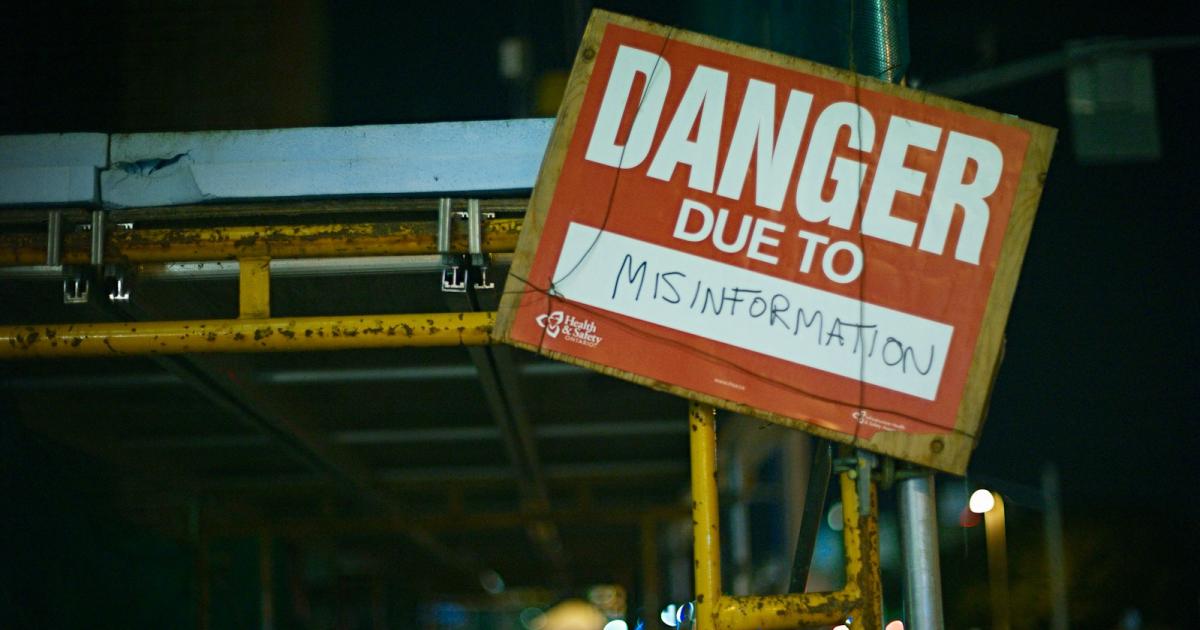
This was conducted in March 2023 with approximately 1,010 US teens ages 13-17 and a similar number of adults. Sixty percent of teens said they agreed with at least four of the conspiratorial statements made to them, compared to 49 percent of adults. Among young people who say they spend at least four hours a day on one or more social media, the percentage rises to 69%.
The statements in question included “the dangers of vaccines are hidden from the medical establishment”, “Jews enjoy disproportionate control over the media, politics and the economy”, “there is an inherent ‘deep state’ in government that operates in the dark” and “mass immigration in the Western world is politics”. intentional multiculturalism and part of a plan to replace white people.”
The nonprofit organization behind this investigation is called the Center for Combating Digital Hate (CCDH). As its name suggests, it is primarily concerned with combating hateful content online. Part of the survey aims to check whether participants are aware of the risks of posting hateful content online. In this regard, the generation gap is becoming more pronounced, this time in favor of young people: 83% of 13-17-year-olds agree with the statement that hurtful or insulting comments online have consequences in the real world – “offline” – compared to to 68% of adults.
One in five parents agrees that social media has a negative impact, on the one hand on the mental health of young people, and on the other hand, on their body image.
Studies conducted in recent years on which groups are most at risk of falling into misinformation traps have often come to mixed conclusions: all age groups and all socioeconomic classes, men and women, are affected to varying degrees. Despite the fact that teenagers At least as bad as adults Spotting fake news nearly a decade ago reminded us of that Not that they were “born” with these tools They are more alert.
However, even when it turns out that some groups stand out more than others, one factor seems to make a big difference: prioritizing information through social media.
This investigation comes on the heels of a symposium organized by the Advisory Council for Human Rights in 2022 in Washington, with representatives from the United States, the European Union and a few other countries, where it suggested possible legislative solutions: in particular regulating platforms to ensure their “products” are “safe for the public, Especially minors.
as an introduction to his new documentThe head of the Advisory Council for Human Rights does not hide the intentions of his work: “There is no global standard for holding these very powerful entities accountable” that represent social media platforms. And this despite abundant evidence of their “strong negative effects on our mental health, our families, our communities, science, tolerance and the very integrity of our democracy”.






